In the mid-1990s, the internet was a burgeoning frontier, and among its early phenomena was the "Meow Wars," a series of Usenet flame wars that erupted between 1996 and 1998. Usenet, a precursor to modern forums and social media, was a decentralized network of discussion groups where users could post messages on various topics.
The Meow Wars began when a group of Harvard students "colonized" an abandoned newsgroup, alt.fan.karl-malden.nose, using it as a community space for discussions about daily student life. In January 1996, they jokingly suggested harassing members of the Beavis and Butthead fan group, alt.tv.beavis-n-butthead. This led to a retaliatory response from the original "Meowers," who adopted a "scorched earth" policy, flooding the newsgroup with messages containing the word "meow," a reference to a user with the initials CAT and Henrietta Pussycat from "Mister Rogers' Neighborhood."
The conflict escalated as the Meowers expanded their disruptive activities across various newsgroups, employing tactics like "crapflooding," where they inundated forums with nonsensical messages to overwhelm on-topic discussions. They also engaged in "morphing," frequently changing their message headers and content to bypass user filters. Additionally, they exploited open mail servers to send floods of emails, often forged to appear as though they originated from other users, causing significant disruptions.
The Meow Wars highlighted the challenges of maintaining order and etiquette in the early, unregulated internet landscape. They underscored the need for better moderation tools and policies to handle disruptive behavior online. The tactics used during the Meow Wars, such as flooding and morphing, were precursors to more sophisticated forms of online trolling and harassment seen in later years.
This obscure episode in internet history serves as a reminder of the growing pains experienced during the internet's formative years and the ongoing challenges of fostering healthy online communities.

